The US is facing a growing challenge in its efforts to advance artificial intelligence (AI) due to a lack of sufficient energy supply to power the massive data centers that are necessary for AI development and deployment. According to a recent report by the Financial Times and MIT Technology Review, the country's inability to build a steady power supply or infrastructure to support the increasing demand for electricity from data centers is putting it at a disadvantage in the global AI race.
The report highlights that while data centers were previously able to offset increased demand with efficiency improvements, this is no longer the case. With billions of queries to popular AI models being processed every day, electricity demand is ticking up in the US, and efficiency gains are not keeping pace. As a result, electricity bills are ballooning for people who live in areas where data centers are located, and the strain is starting to show.
"This is a critical issue for the US, as it is for many other countries," said Casey Crownhart, senior reporter for energy at MIT Technology Review. "The biggest barrier to progress in AI is not money, but energy. We need to build a steady power supply and infrastructure to support the increasing demand for electricity from data centers."
China, on the other hand, is rapidly building out its renewable energy capacity, which is expected to give it a significant advantage in the global AI race. According to the report, China's renewable energy buildout is expected to provide a stable and clean source of power for its data centers, allowing it to leapfrog ahead of the US in AI progress.
The US has been a leader in AI development, but its lack of investment in renewable energy and infrastructure is putting it at risk of falling behind. The country's data centers are currently powered by a mix of fossil fuels and renewable energy, but the majority of the power comes from fossil fuels. This is not only contributing to greenhouse gas emissions but also making the country's data centers vulnerable to power outages and disruptions.
The implications of the US's energy crisis for AI development are significant. Without a stable and clean source of power, the country's data centers will continue to struggle to keep up with the increasing demand for electricity. This will not only hinder AI progress but also have a negative impact on the economy and society as a whole.
The report highlights that the US needs to invest in renewable energy and infrastructure to support the increasing demand for electricity from data centers. This includes building new power plants, upgrading existing infrastructure, and implementing energy-efficient technologies.
As the world continues to rely more heavily on AI, the need for a stable and clean source of power becomes increasingly important. The US must take action to address its energy crisis and ensure that it remains a leader in AI development.
In a statement, the US Department of Energy acknowledged the importance of investing in renewable energy and infrastructure to support the increasing demand for electricity from data centers. "We recognize the critical role that data centers play in AI development and the need for a stable and clean source of power," said a spokesperson. "We are working to invest in renewable energy and infrastructure to support the increasing demand for electricity from data centers and ensure that the US remains a leader in AI development."
The report by the Financial Times and MIT Technology Review highlights the urgent need for the US to address its energy crisis and invest in renewable energy and infrastructure to support the increasing demand for electricity from data centers. The implications of inaction will be significant, and the country must take immediate action to ensure that it remains a leader in AI development.





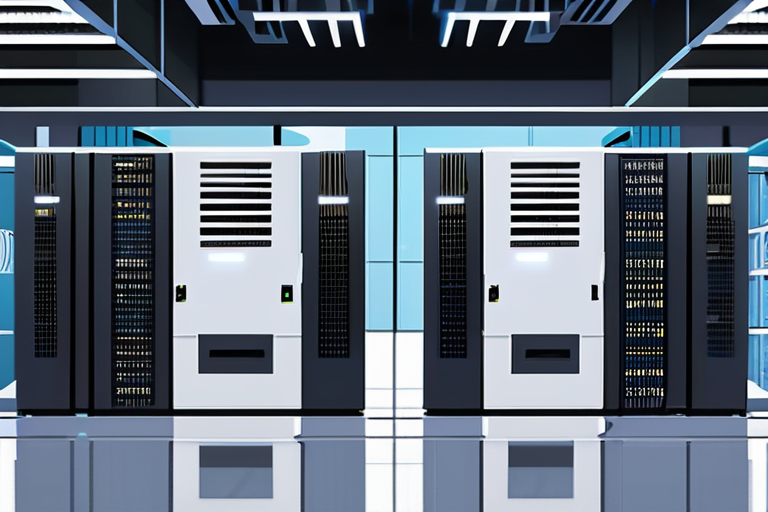





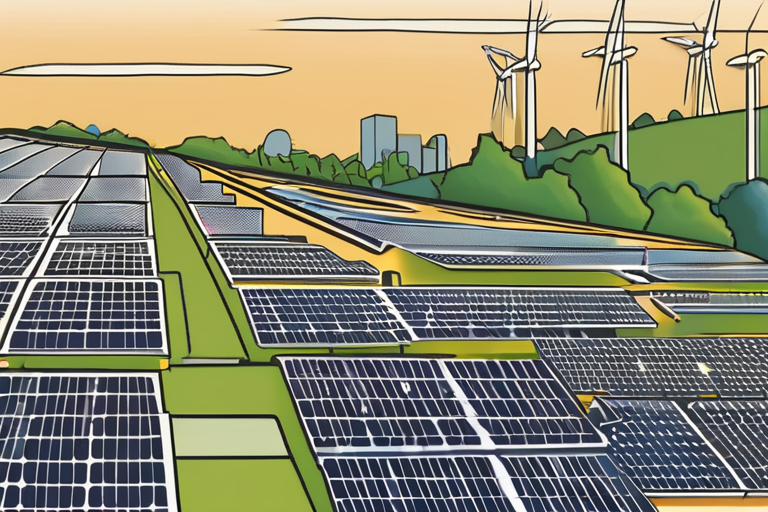


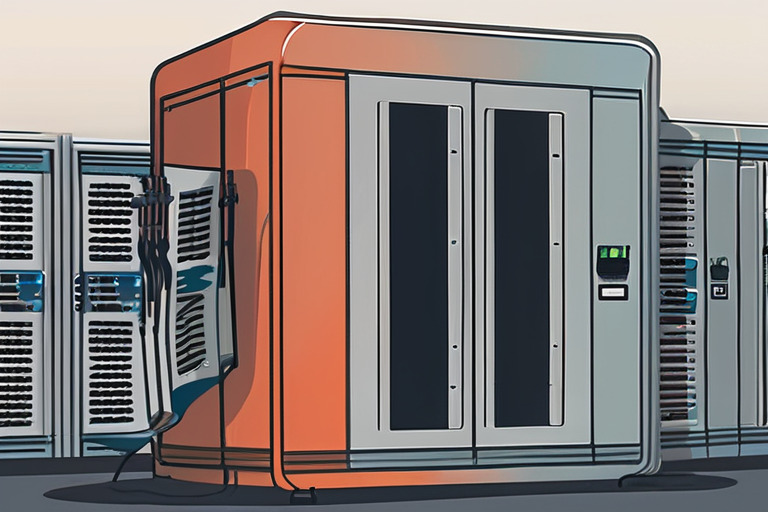



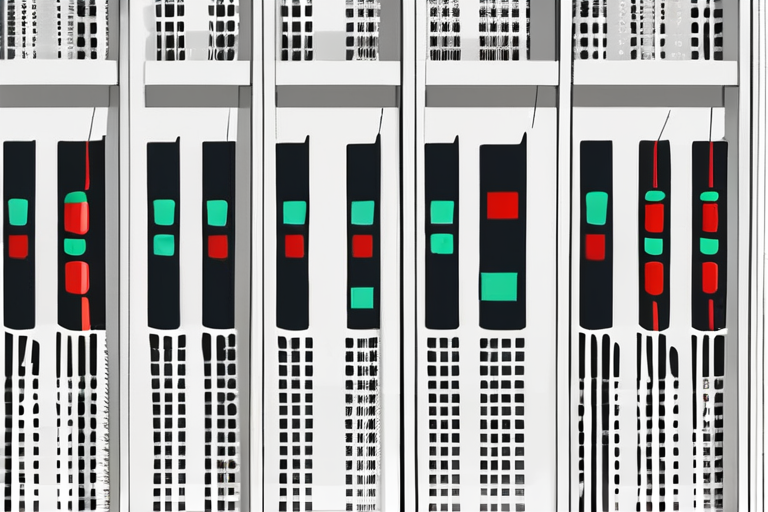




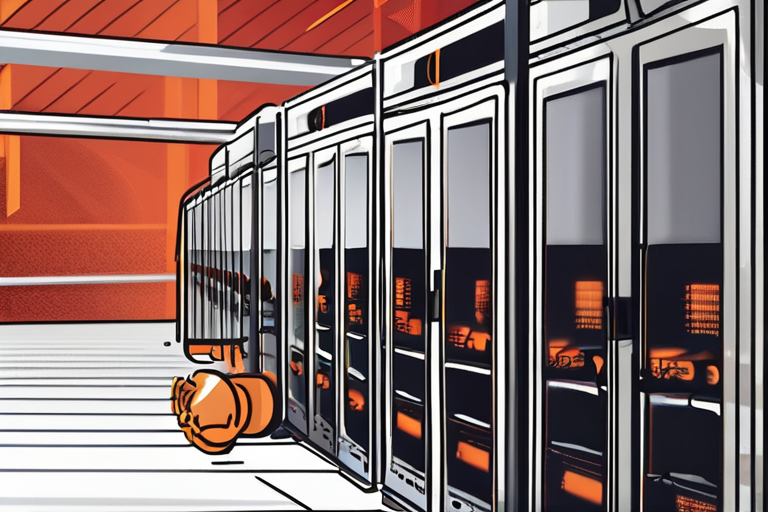

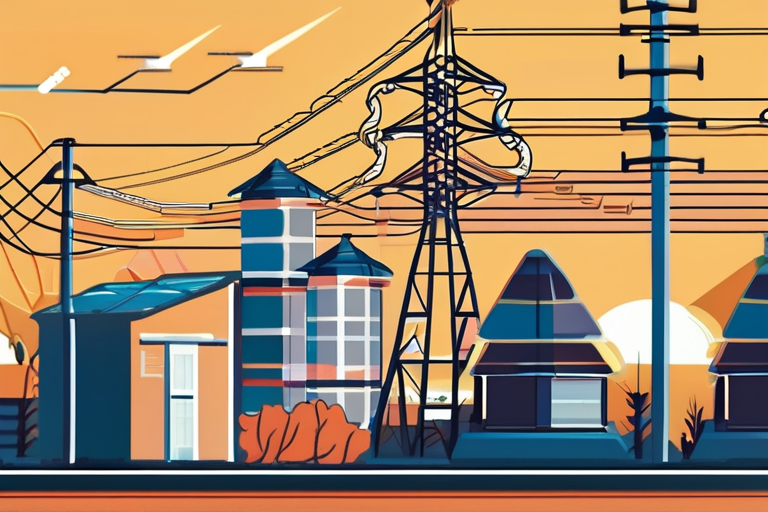

Share & Engage Share
Share this article